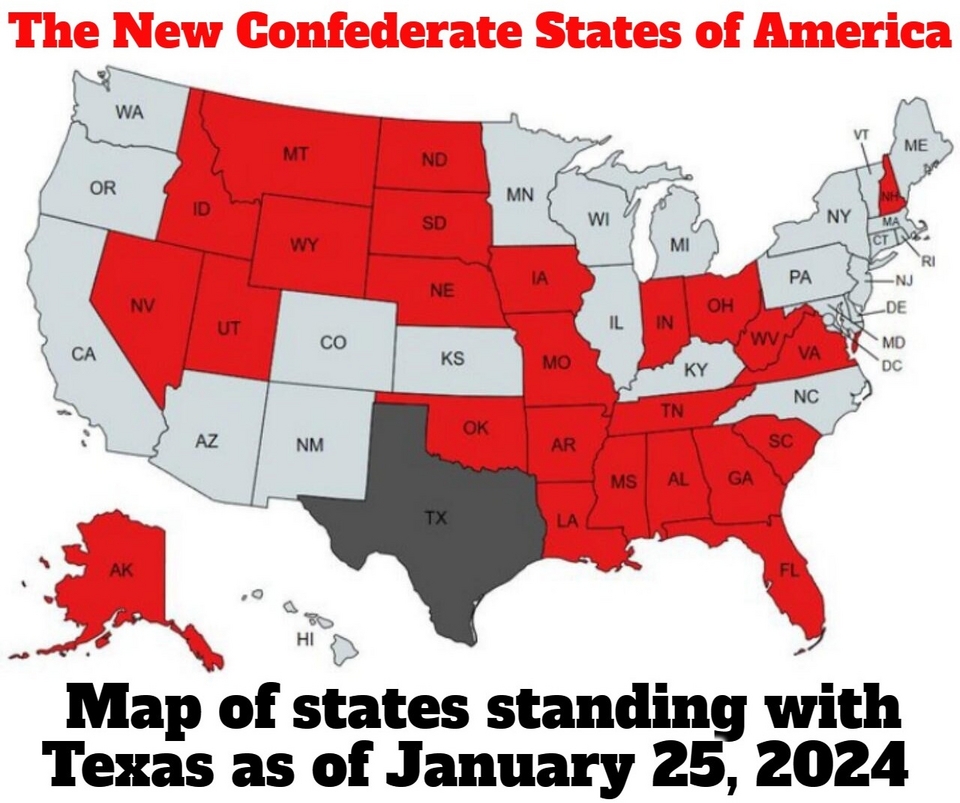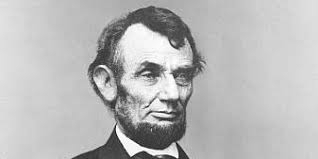September 22, 1862 – Motivated by his growing concern for the inhumanity of slavery as well as practical political concerns, President Abraham Lincoln changes the course of the war and American history by issuing the Emancipation Proclamation. Announced a week after the nominal Union victory at the Battle of Antietam (Sharpsburg), this measure did not technically free any slaves, but it redefined the Union’s war aim from reunification to the abolition of slavery. The proclamation announced that all slaves in territory that was still in rebellion as of January 1, 1863, would be free. Lincoln used vacated congressional seats to determine the areas still in rebellion, as some parts of the South had already been recaptured and representatives returned to Congress under Union supervision. Since it freed slaves only in Rebel areas that were beyond Union occupation, the Emancipation Proclamation really freed no one. But the measure was still one of the most important acts in American history, as it meant slavery would end when those areas were recaptured. In addition, the proclamation effectively sabotaged Confederate attempts to secure recognition by foreign governments, especially Great Britain. When reunification was the goal of the North, foreigners could view the Confederates as freedom fighters being held against their will by the Union. But after the Emancipation Proclamation, the Southern cause was now viewed as the defense of slavery. The proclamation was a shrewd maneuver by Lincoln to brand the Confederate States as a slave nation and render foreign aid impossible. The measure was met by a good deal of opposition, because many Northerners were unwilling to fight for the freedom of blacks. But it spelled the death knell for slavery, and it had the effect on British opinion that Lincoln had desired. Antislavery Britain could no longer recognize the Confederacy, and Union sentiment swelled in Britain. With this measure, Lincoln effectively isolated the Confederacy and killed the institution that was the root of sectional differences.
September 22, 1862 – Motivated by his growing concern for the inhumanity of slavery as well as practical political concerns, President Abraham Lincoln changes the course of the war and American history by issuing the Emancipation Proclamation. Announced a week after the nominal Union victory at the Battle of Antietam (Sharpsburg), this measure did not technically free any slaves, but it redefined the Union’s war aim from reunification to the abolition of slavery. The proclamation announced that all slaves in territory that was still in rebellion as of January 1, 1863, would be free. Lincoln used vacated congressional seats to determine the areas still in rebellion, as some parts of the South had already been recaptured and representatives returned to Congress under Union supervision. Since it freed slaves only in Rebel areas that were beyond Union occupation, the Emancipation Proclamation really freed no one. But the measure was still one of the most important acts in American history, as it meant slavery would end when those areas were recaptured. In addition, the proclamation effectively sabotaged Confederate attempts to secure recognition by foreign governments, especially Great Britain. When reunification was the goal of the North, foreigners could view the Confederates as freedom fighters being held against their will by the Union. But after the Emancipation Proclamation, the Southern cause was now viewed as the defense of slavery. The proclamation was a shrewd maneuver by Lincoln to brand the Confederate States as a slave nation and render foreign aid impossible. The measure was met by a good deal of opposition, because many Northerners were unwilling to fight for the freedom of blacks. But it spelled the death knell for slavery, and it had the effect on British opinion that Lincoln had desired. Antislavery Britain could no longer recognize the Confederacy, and Union sentiment swelled in Britain. With this measure, Lincoln effectively isolated the Confederacy and killed the institution that was the root of sectional differences.













